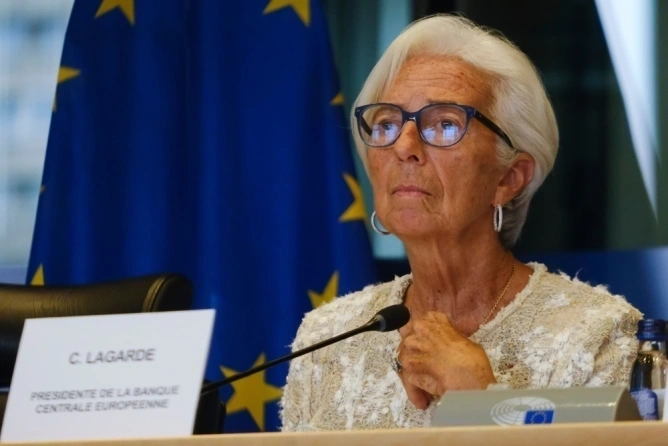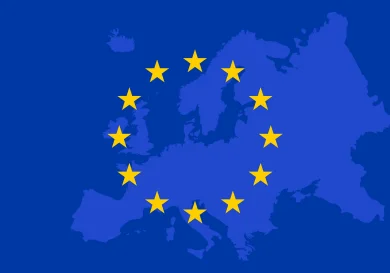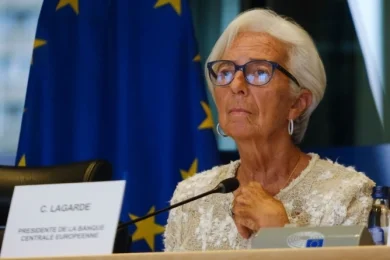
The European Central Bank (ECB) signals that the high budget deficit of the United States, estimated at 5.9% of GDP in 2025, and the introduction of tariffs will have negative consequences for the financial stability of Europe. The United States faces the necessity of borrowing large sums to finance its expenditures, raising concerns about their ability to repay long-term debt, especially in the context of high interest rates.
The U.S. current account deficit, which indicates that the country spends more abroad than it earns, contributes to the trade imbalance and dependence on foreign capital. A weaker dollar could affect the competitiveness of European exporters, amplifying the effects of tariffs imposed by the U.S. The ECB warns that global financial markets, influenced by developments in the U.S., could suffer disruptions, generating chaotic currency fluctuations and variable financing costs for European states and companies. Although uncertainty in trade policy has decreased, trade tensions remain an integral part of the global economic landscape.






















